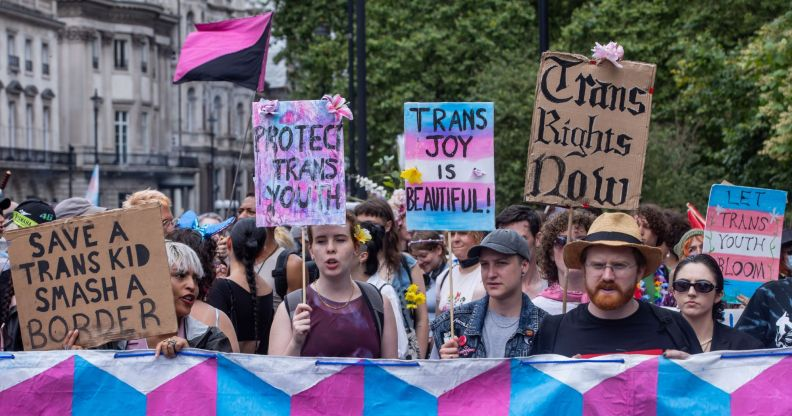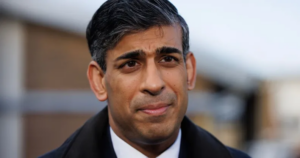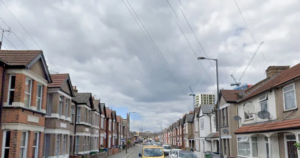
A network of over 200 trans-rights organizations has ranked the United Kingdom among the least favorable places in Europe and Central Asia for transgender individuals, according to the 2023 Trans Rights Map published by Transgender Europe (TGEU). This map assesses the legal conditions in 49 European countries and five in Central Asia, using a color-coded system based on 30 indicators across six legal categories: legal gender recognition, asylum, hate crime/speech, non-discrimination, health, and family. The more indicators a country meets, the better it fares in terms of trans rights.
Iceland takes the top spot on the list, scoring 26 out of 30 indicators, which includes legal gender recognition, asylum policies, and hate speech legislation. Notably, Iceland introduced an action plan on LGBTQ+ issues a year ago, aiming to eliminate discrimination in blood donation, provide police training on LGBTQ+ issues, and offer unbiased healthcare for transgender individuals.
In contrast, the United Kingdom received a lower ranking for trans rights, scoring 14.25 out of 30 indicators, placing it in close proximity to Ireland (13), the Netherlands (15), and Portugal (8).
Some of the countries with the lowest scores for trans rights include Russia (5), Turkey (2), and Italy and Hungary (both at 8).
Over the past decade, the UK and Hungary have regressed from being considered progressive leaders on this index in 2013 to countries where anti-trans sentiments are prevalent in the media and government agendas, according to Freya Watkins, a research officer at TGEU. Watkins emphasizes that legislative measures are only meaningful when they are effectively implemented, and despite some progress in including gender identity in asylum protection laws in various states, many countries continue to fail trans asylum seekers.
The United Kingdom's low score on transgender rights follows anti-trans comments made at the Conservative Party conference, where Prime Minister Rishi Sunak asserted, “A man is a man, and a woman is a woman,” and Health Secretary Steve Barclay proposed banning transgender women from female hospital wards. Home Secretary Suella Braverman supported this proposal.
Sunak's remarks were followed by reports suggesting the shelving of a long-awaited conversion therapy ban due to concerns about the effectiveness of similar laws in other countries and intense lobbying by anti-trans Tory MP Miriam Cates. Furthermore, the Prime Minister was secretly filmed mocking trans individuals during the summer.
Government data released on October 5th indicated an 11% increase in transphobic hate crimes in England and Wales, with 4,732 recorded offenses in the year ending March 2023. The Home Office acknowledged that this rise may have been partly driven by anti-trans politicians.
In November 2022, TGEU found that Ireland had the worst provision of healthcare for trans people, with Malta leading in this regard. This finding came as a result of Ireland's only gender clinic facing staffing shortages that prevented it from meeting the demands of 300 patients per year.
The International Lesbian, Gay, Bisexual, Trans and Intersex Association's 2023 Rainbow Map, which evaluates the safety of LGBTQ+ individuals in European countries, showed a decline in the United Kingdom's ranking, dropping from 14th place in 2022 to 17th in the latest assessment.
Author























